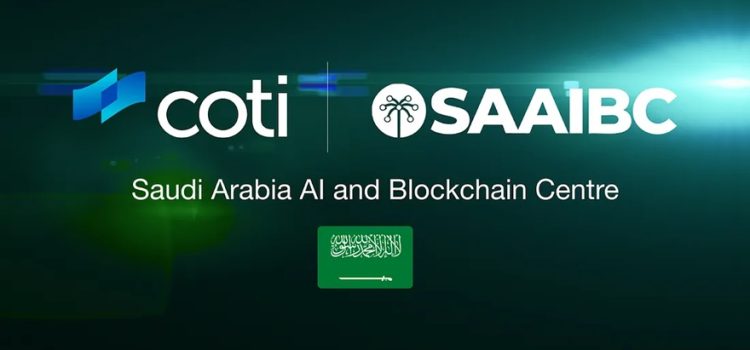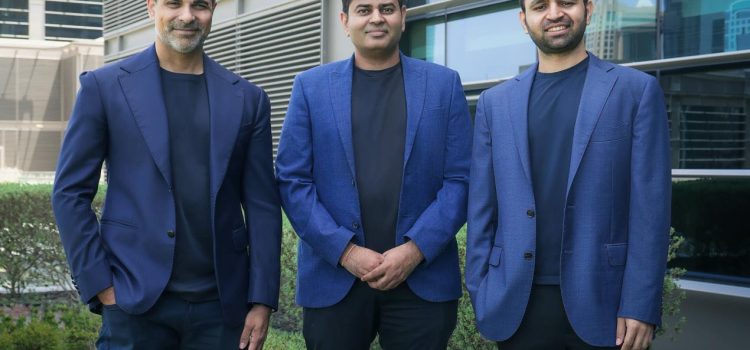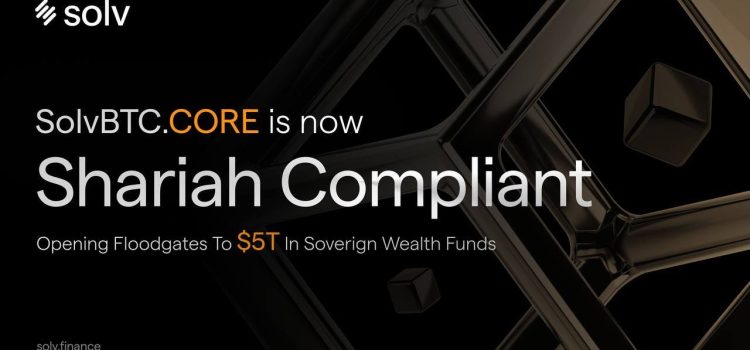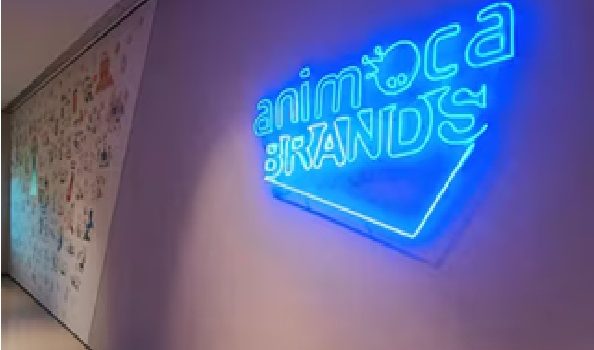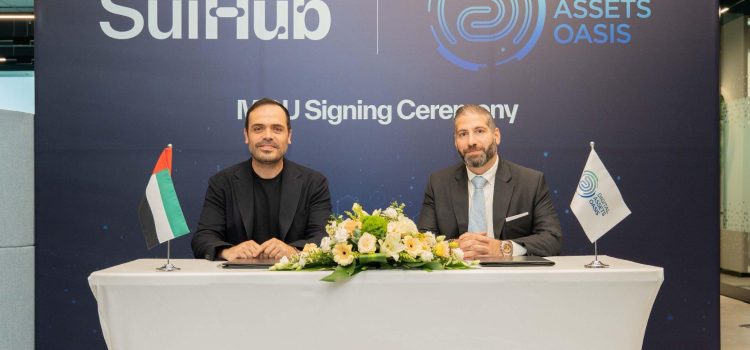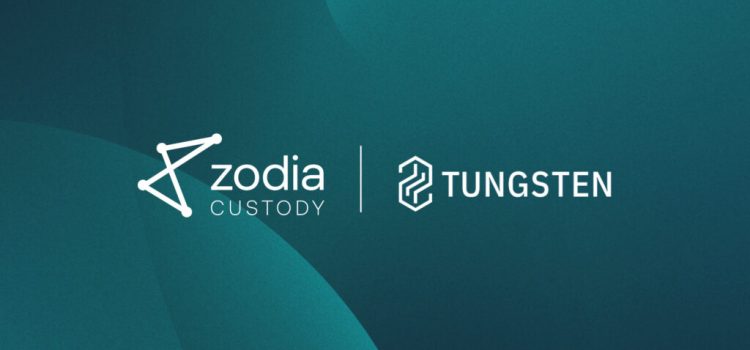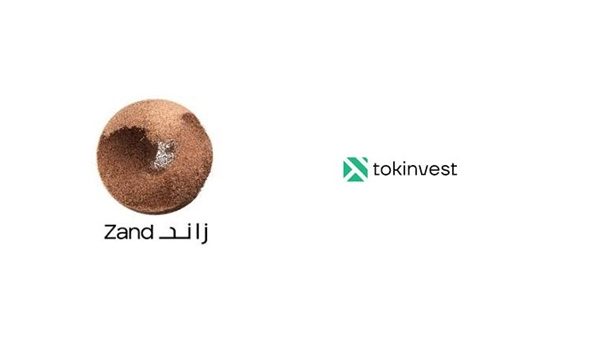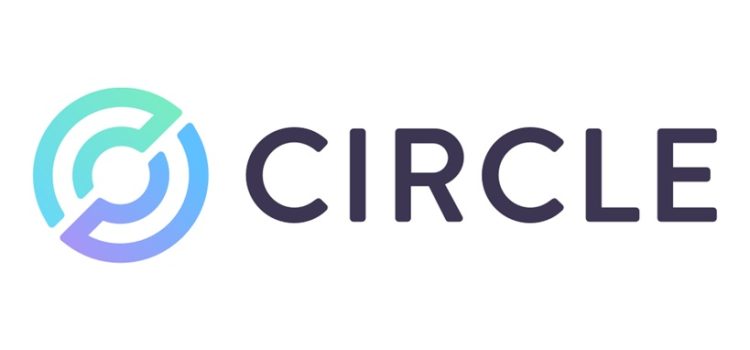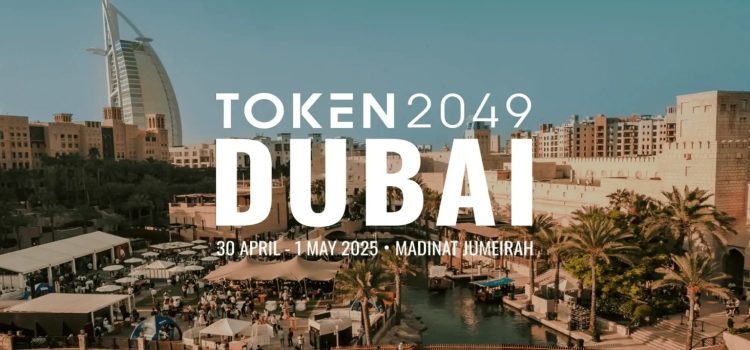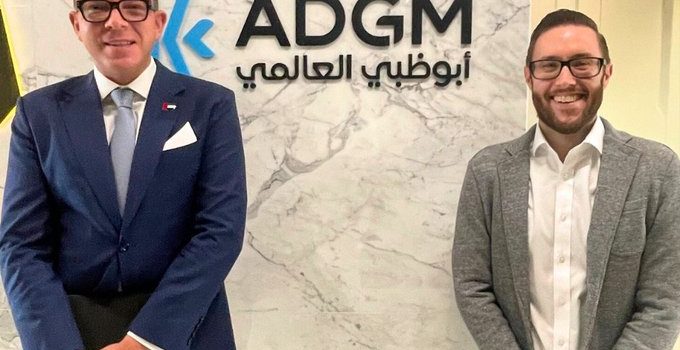
COTI an EVM-compatible L2 Blockchain focused on privacy technology with its COTI V2 that provides a developer-friendly ecosystem that has fast and scalable access to Ethereum, has joined Saudi Arabia’s AI and Blockchain Center (SAAIBC), which brings together Saudi Arabian leaders, policymakers, and practitioners through a shared mission to accelerate AI and blockchain adoption across MENA and broader Africa.
As per the post, COTI’s involvement reflects a continued interest in the region and in the application of real-world assets (RWAs) to bridge traditional finance with blockchain economies. COTI will bring deep insight into compliant confidentiality, auditability, and ways to bridge the gap between traditional finance and Web3 technologies.
Saudi Arabia’s Vision 2030 aims to transform the Kingdom into a global AI powerhouse with unparalleled levels of investment. This includes the Public Investment Fund (PIF), a $40 billion AI fund, and Project Transcendence, a $100 billion initiative to build investment into data centers, startups, and AI infrastructure. Strategic partnerships — such as a $1.5 billion commitment from AI chip startup Groq — further reinforce the Kingdom’s ambitions to leverage technologies on a global scale. The result is that Saudi’s AI market alone is forecast to grow to approximately $61.85 billion by 2033, expanding at an impressive CAGR of 46.6%.
“This is a rare opportunity to shape blockchain policy and infrastructure at an early stage throughout the Africa and MENA region. By bringing together infrastructure providers, including COTI, with investors, government officials, and businesses, we will be able to trial meaningful projects with input from all relevant stakeholders — giving the greatest possible chance of success.” — Shahaf Bar-Geffen, CEO, COTI
SAABIC announced its formation today during the Real-World-Asset Summit in Dubai. SAABIC members joined the RWA Summit roundtable alongside top leaders from government, investment, and technology to address the major challenges to tokenization across MENA and broader Africa. Held at the iconic Burj Al Arab, and coinciding with the TOKEN2049 conference, the event brought together a cohort of 40 distinguished guests — including notable government leaders and royal family members from the United Arab Emirates, Kingdom of Saudi Arabia, Republic of Kazakhstan, Republic of Nigeria, Republic of Sierra Leone, France, and the United Kingdom — as well as investors representing nearly half a trillion USD in AUM.
Discussions centered around issues such as regulatory clarity, trust-building between TradFi and DeFi, and the future of asset tokenization.








